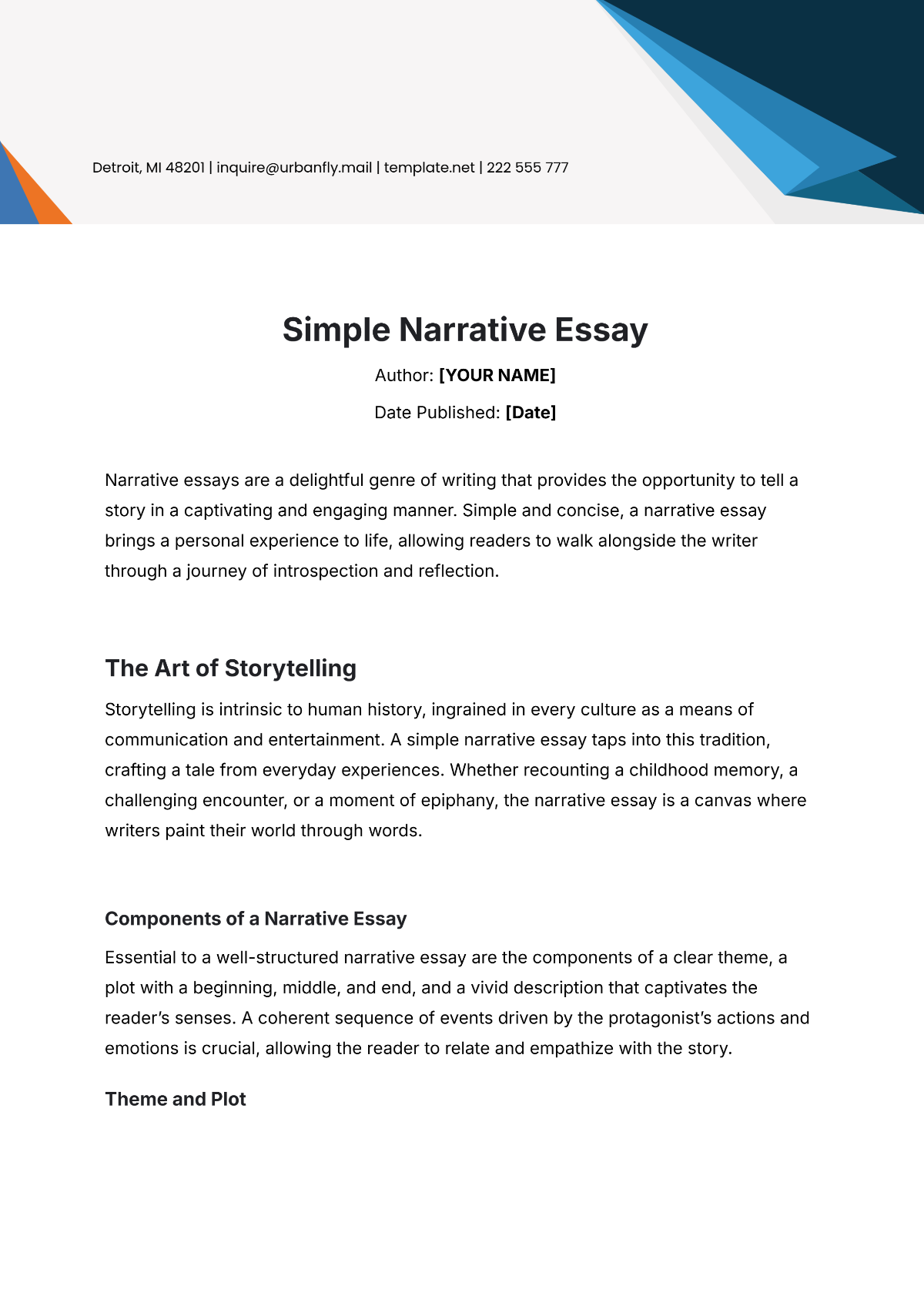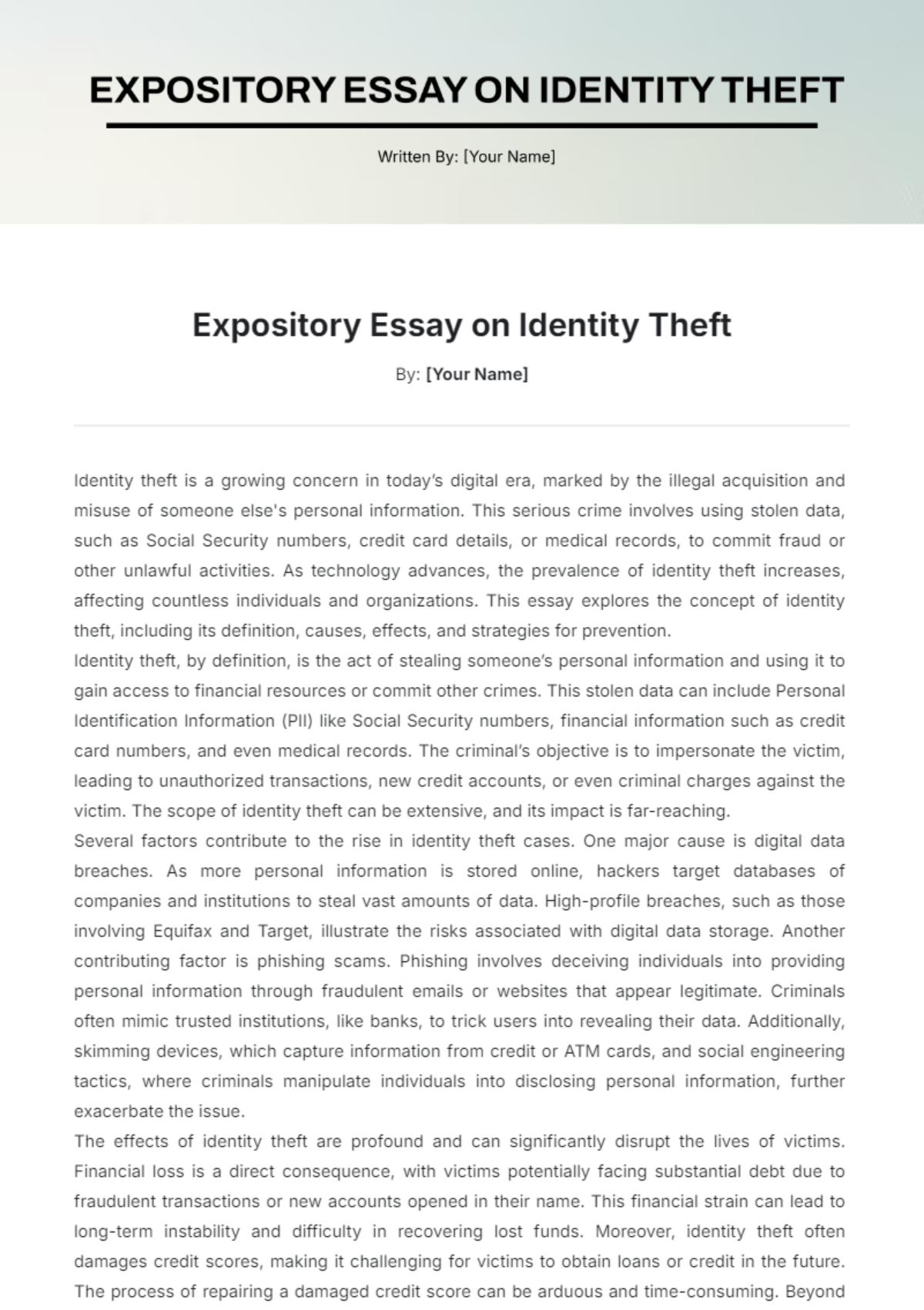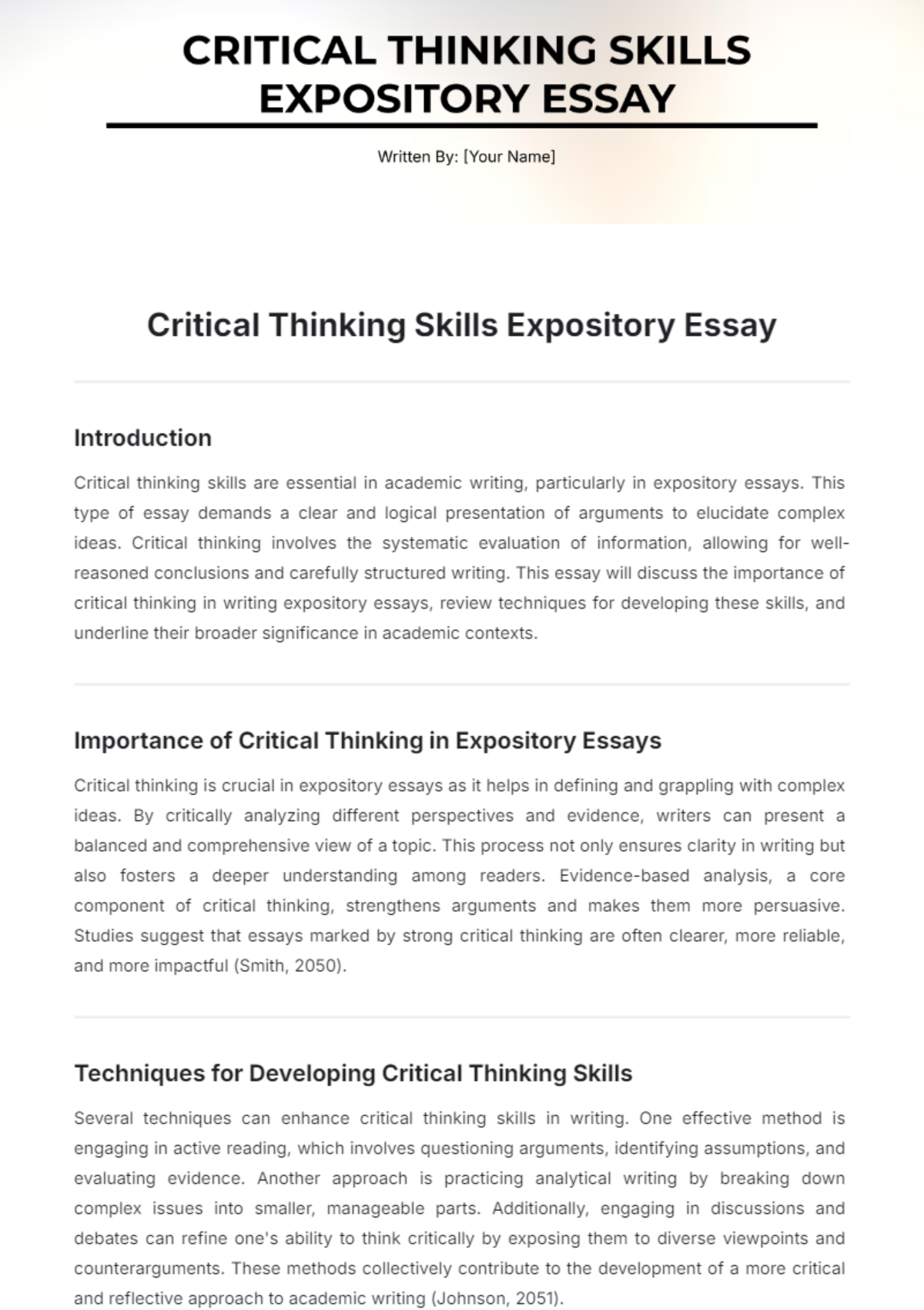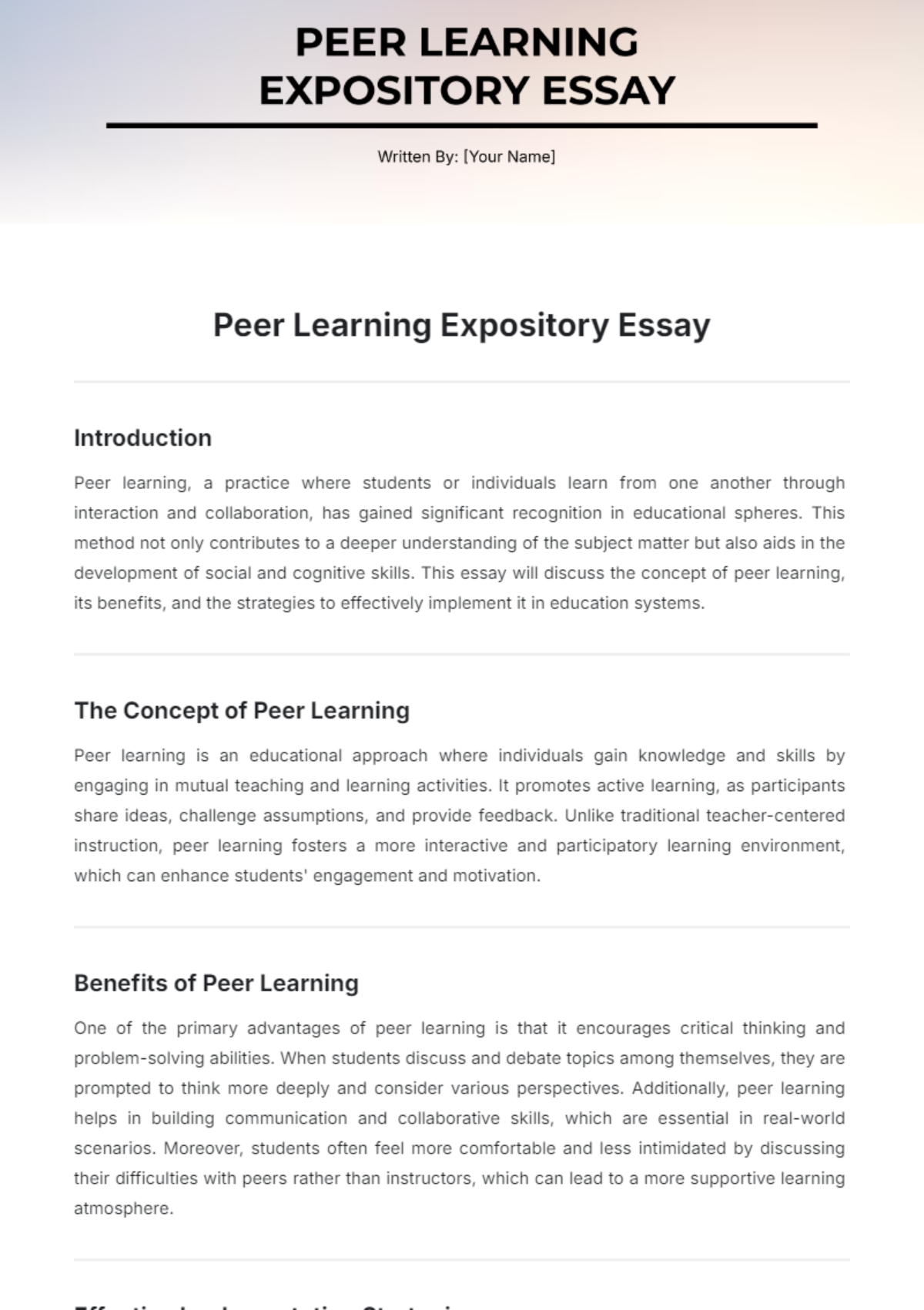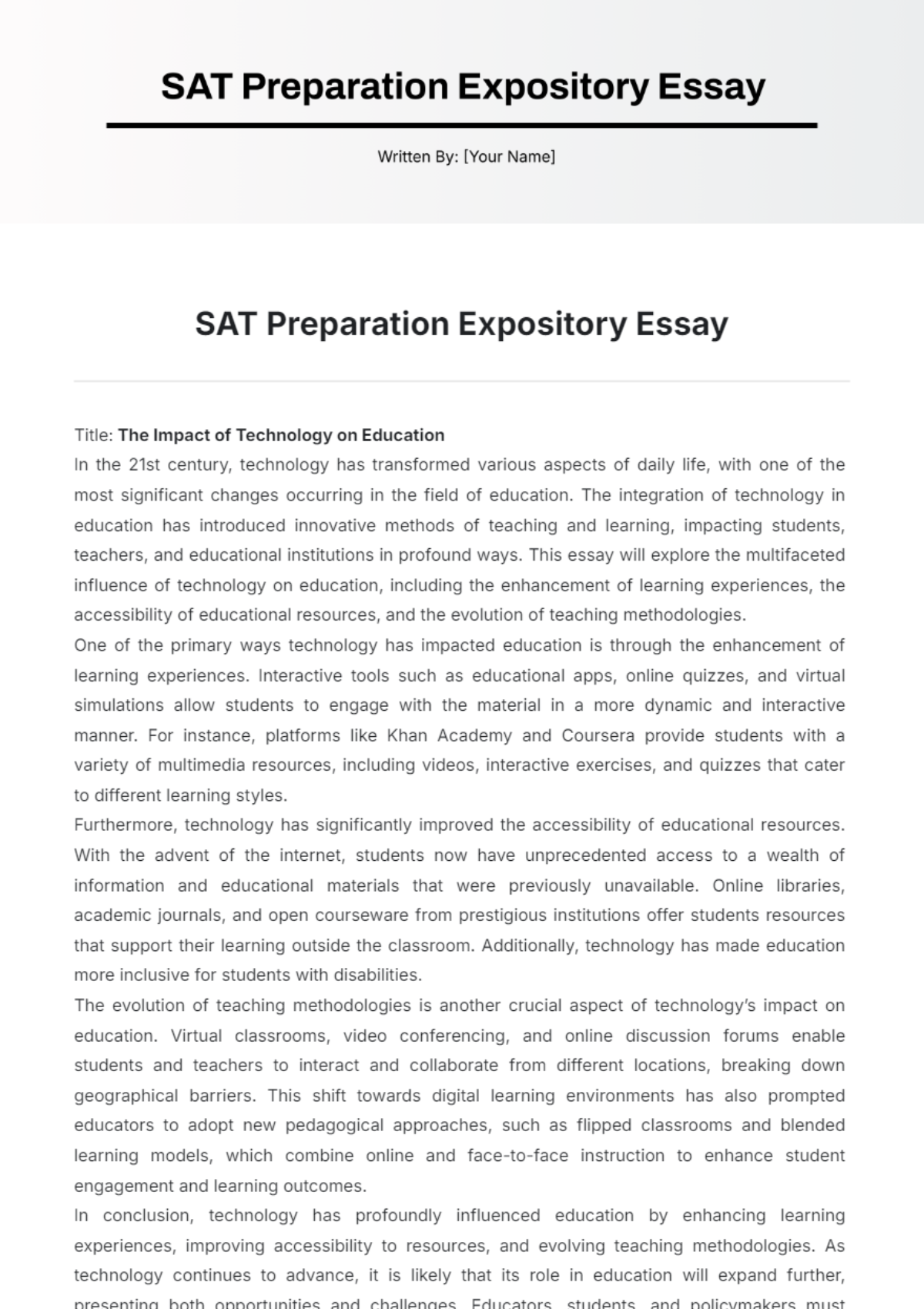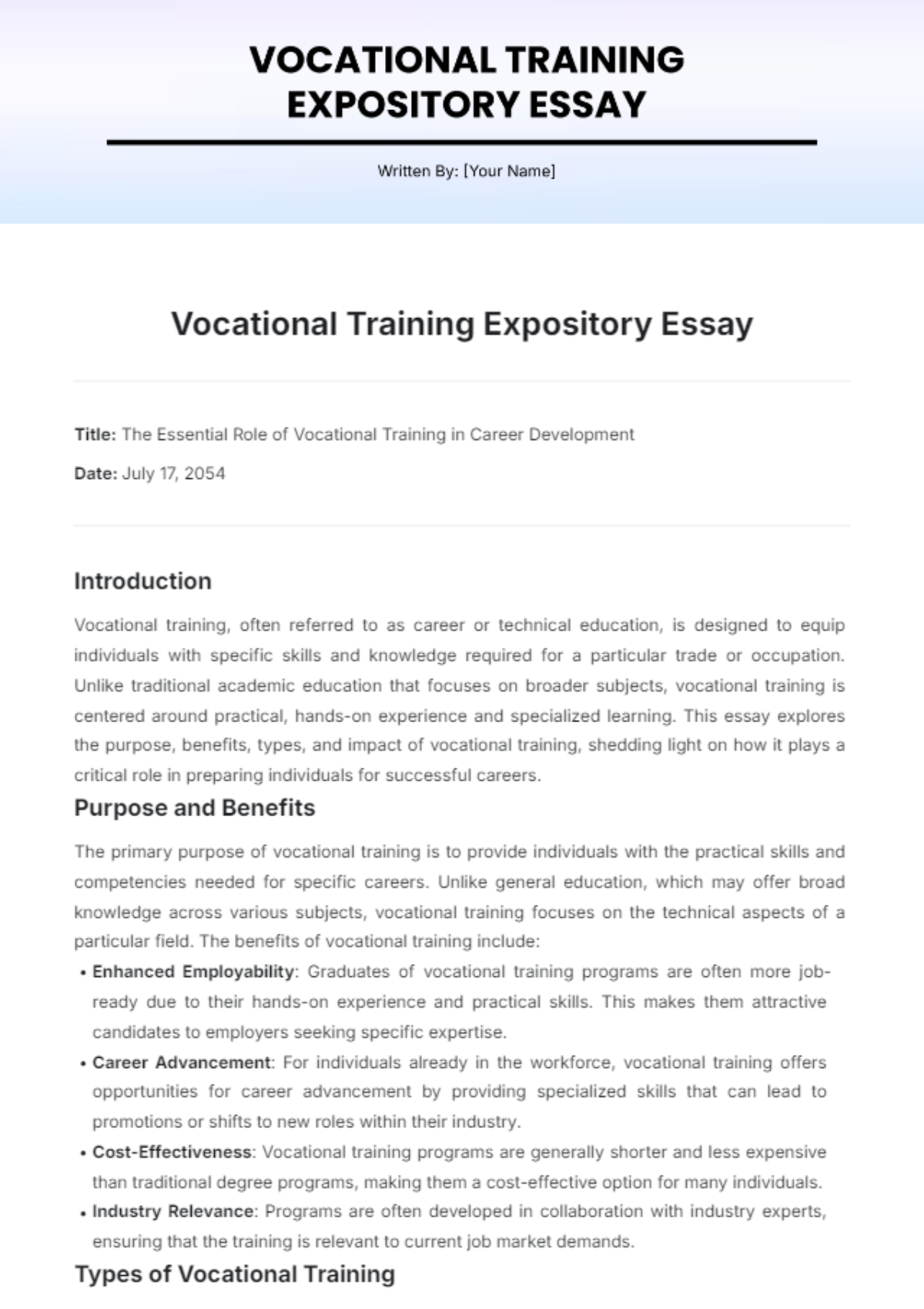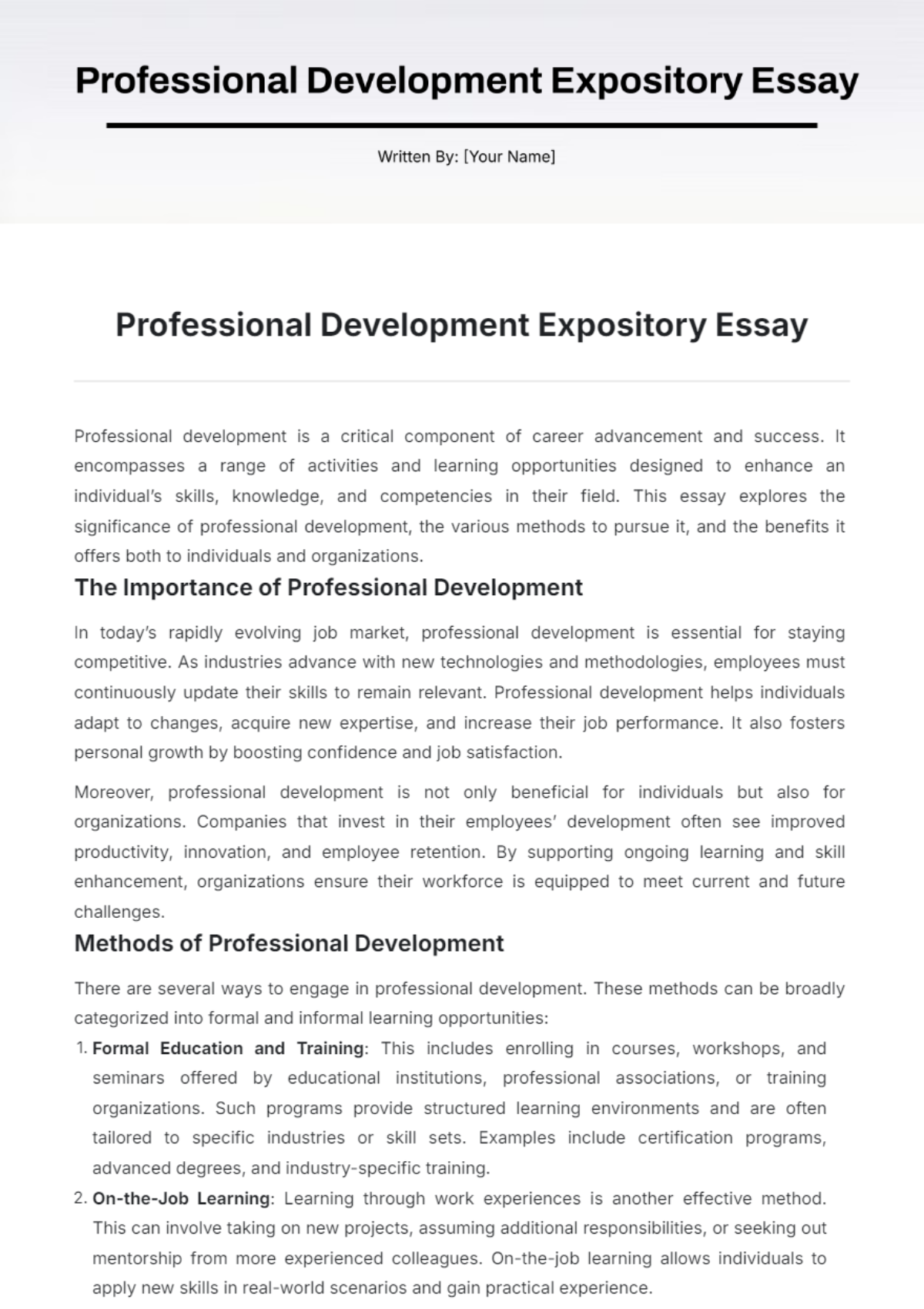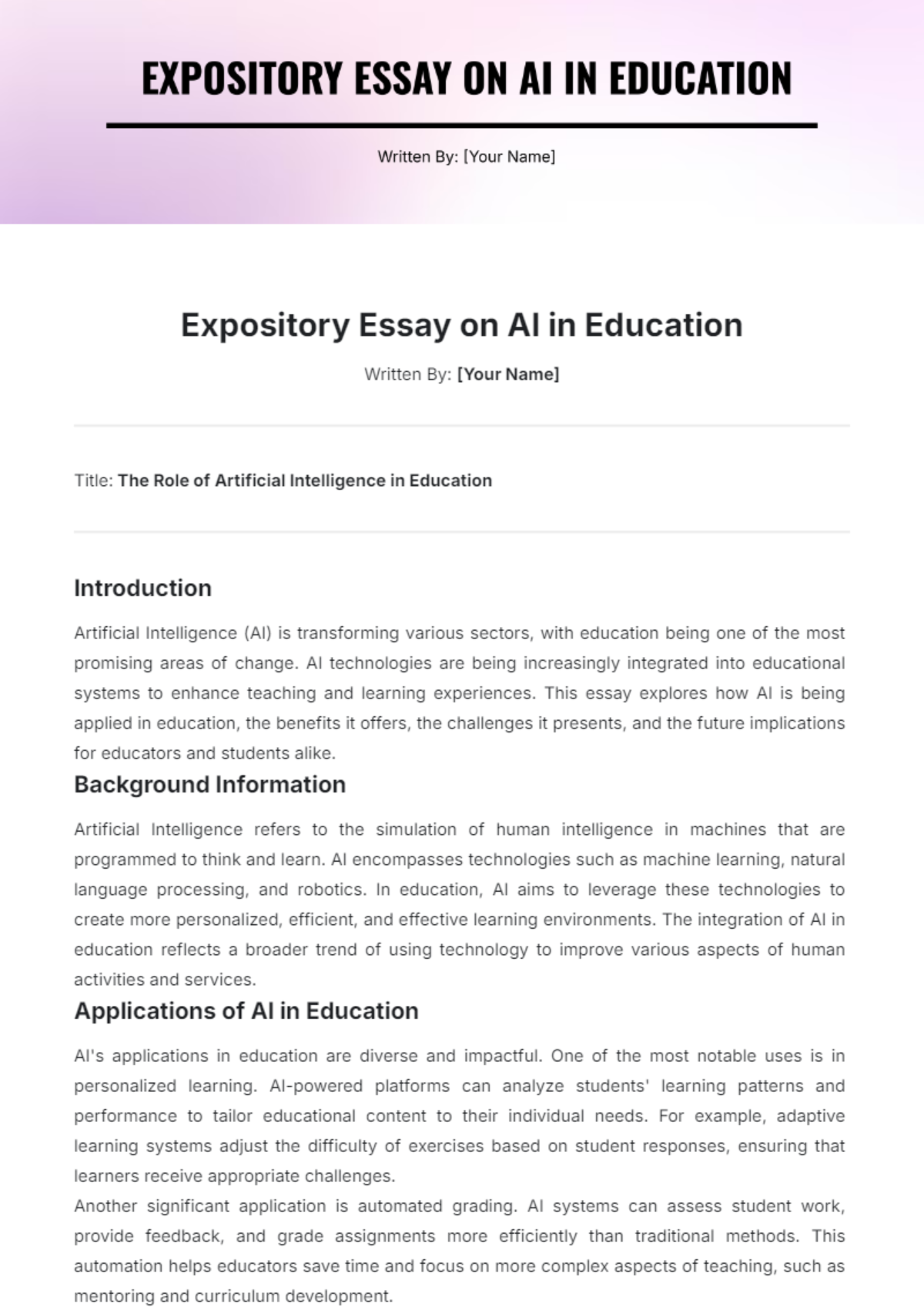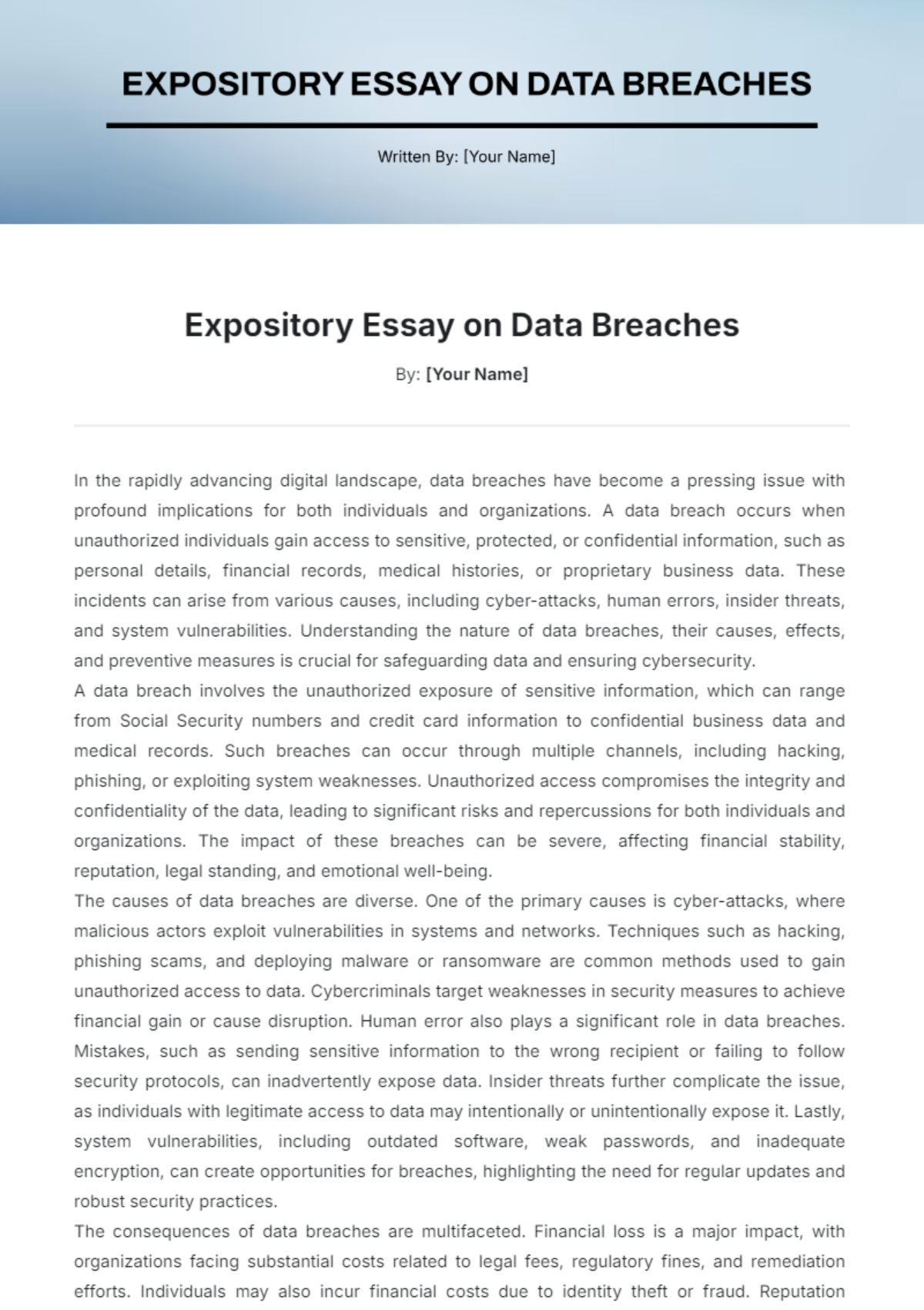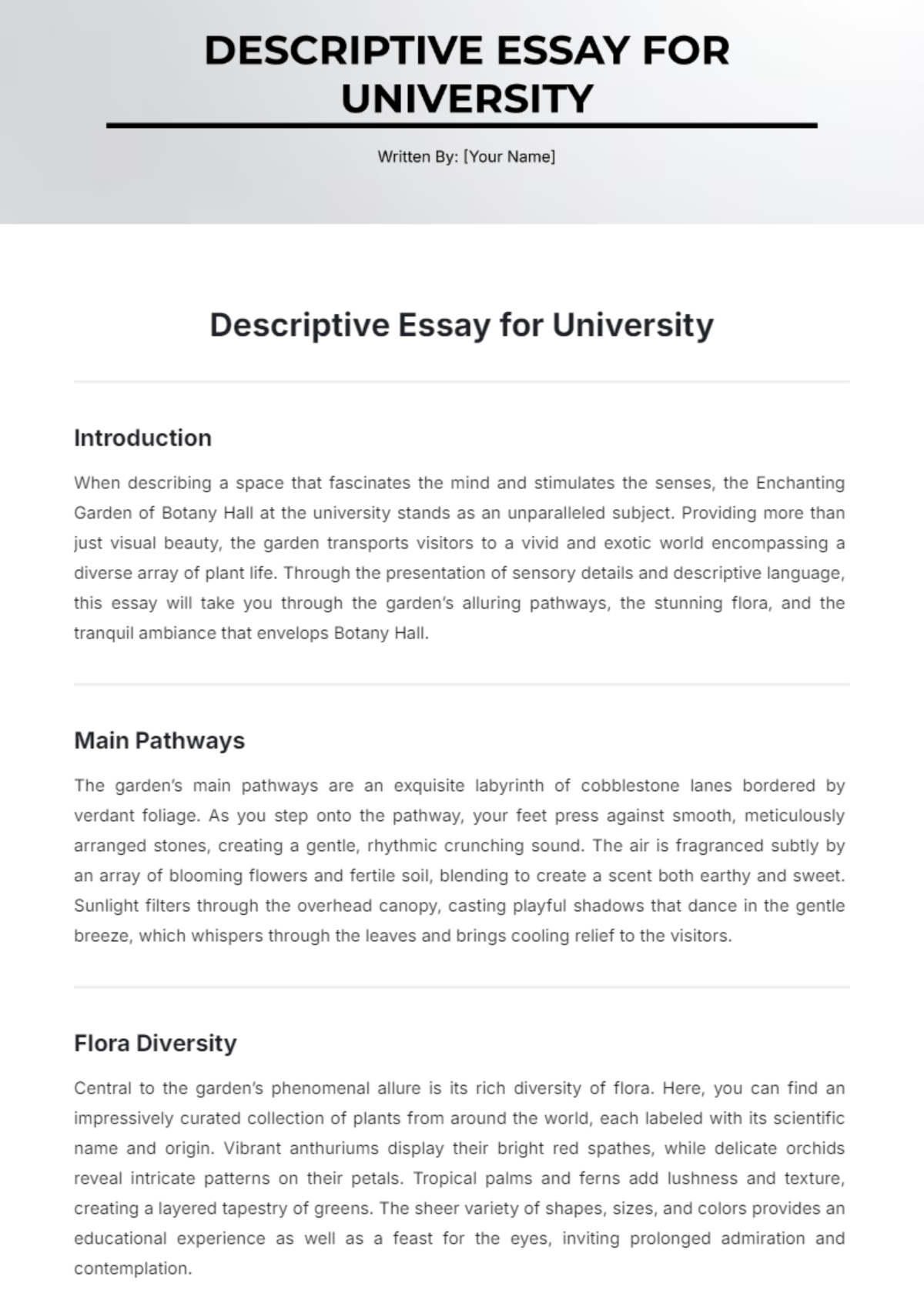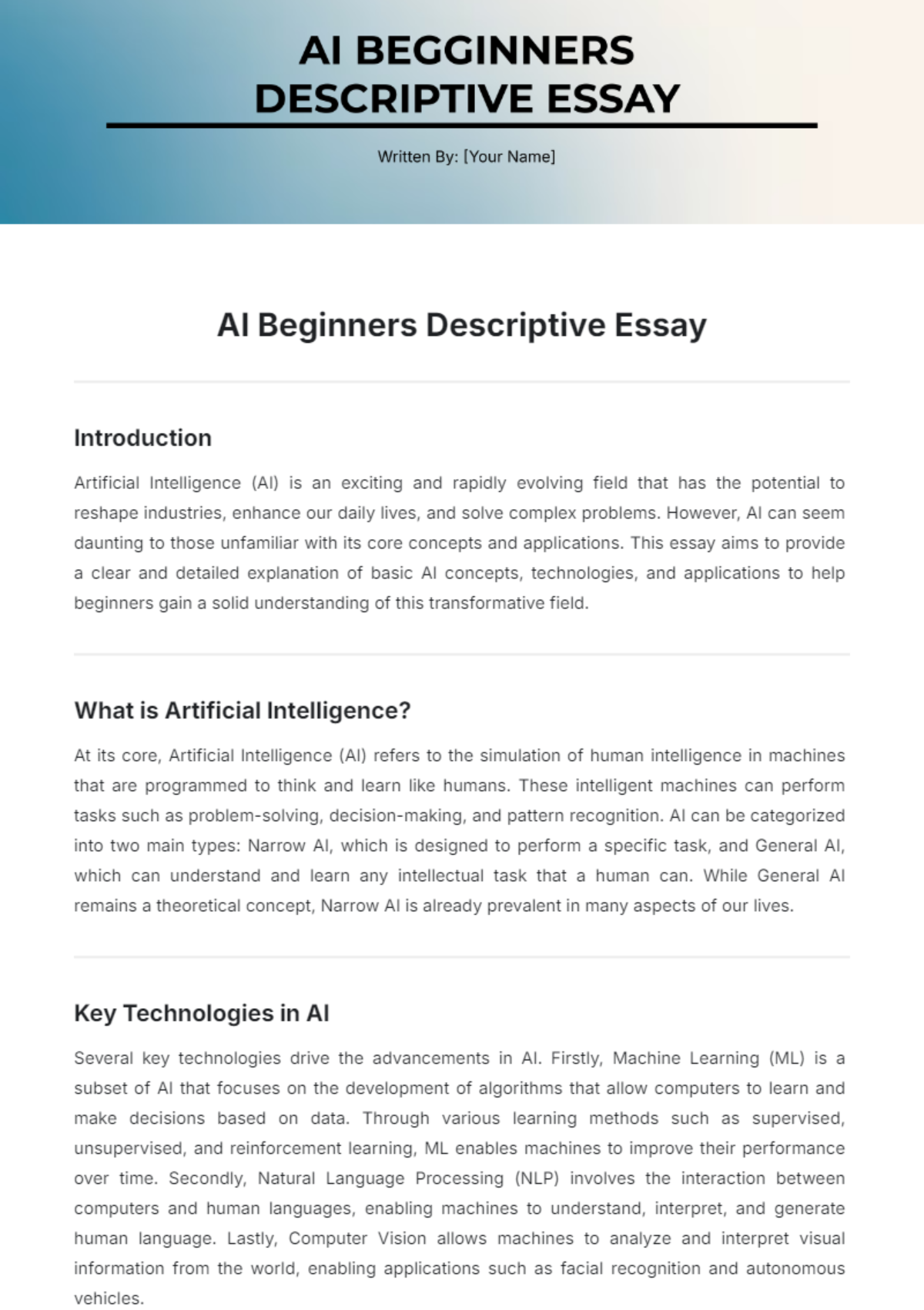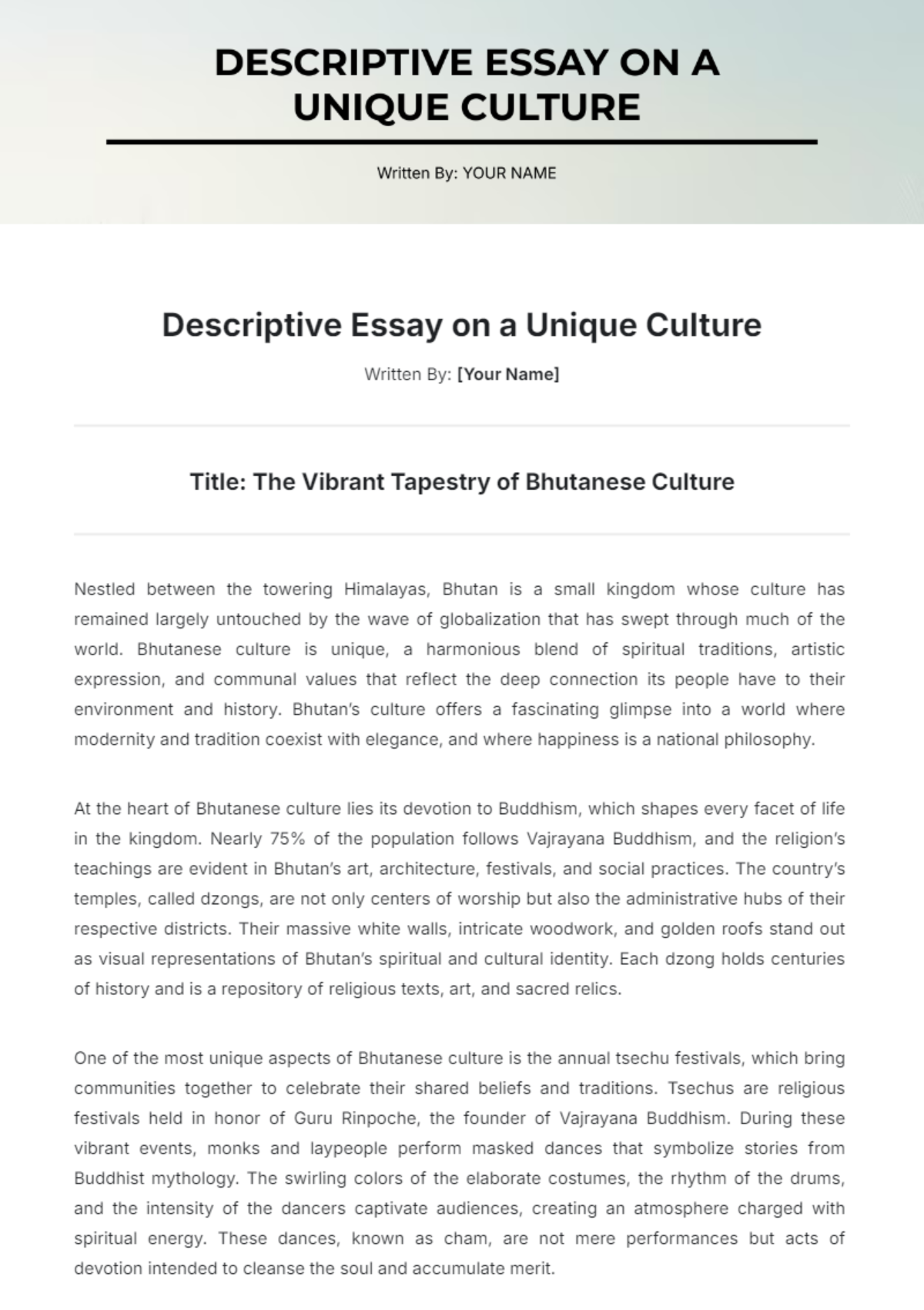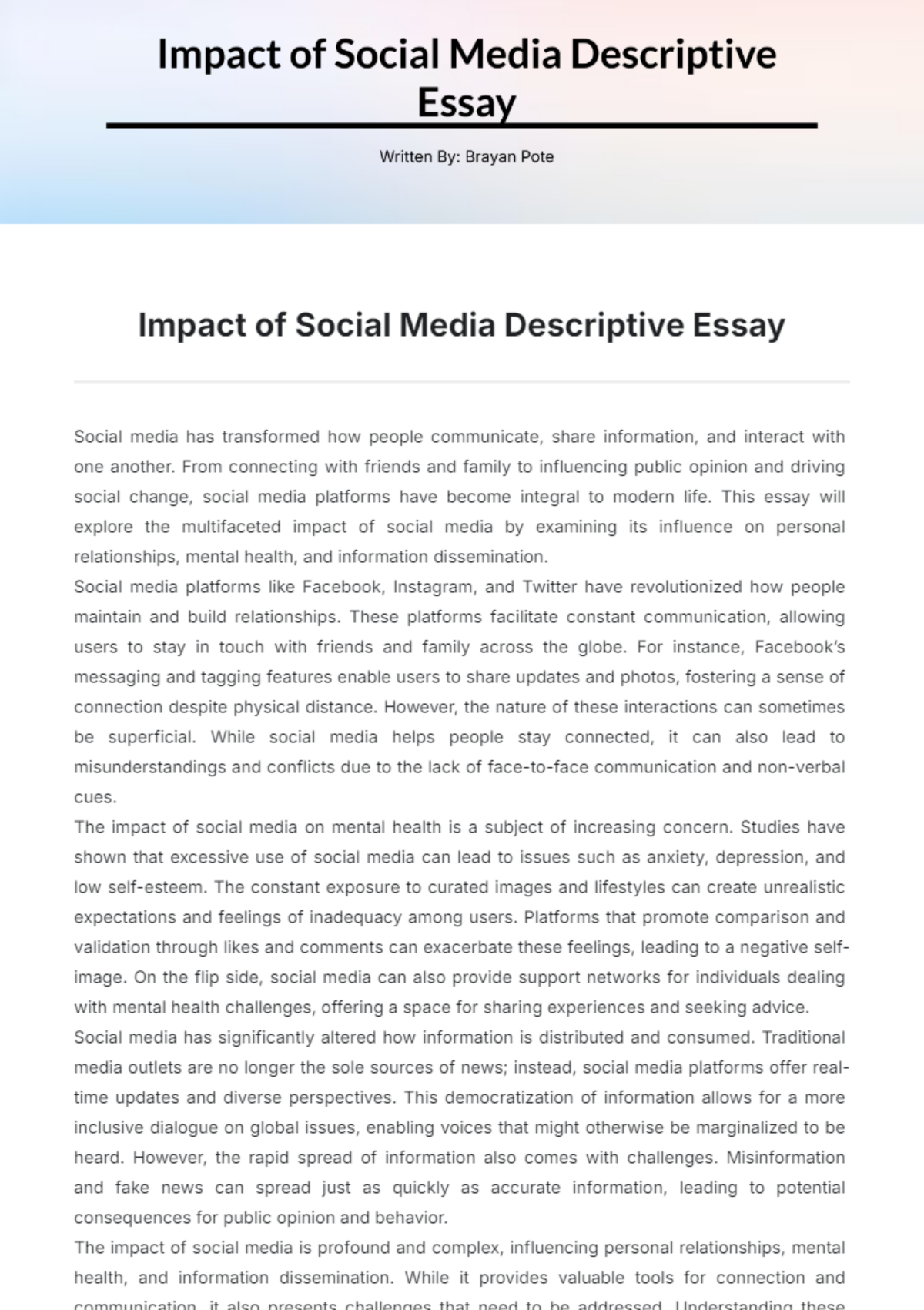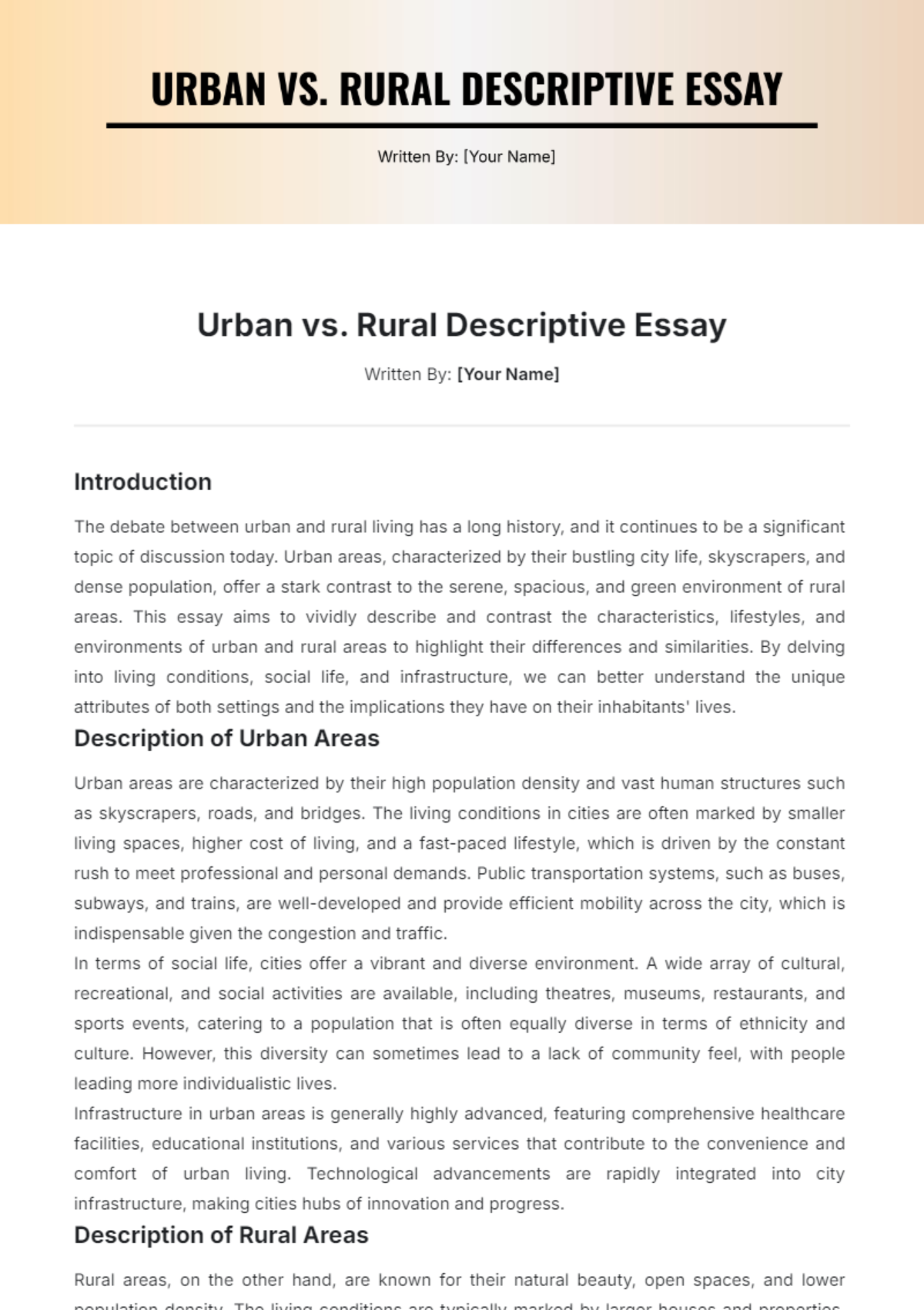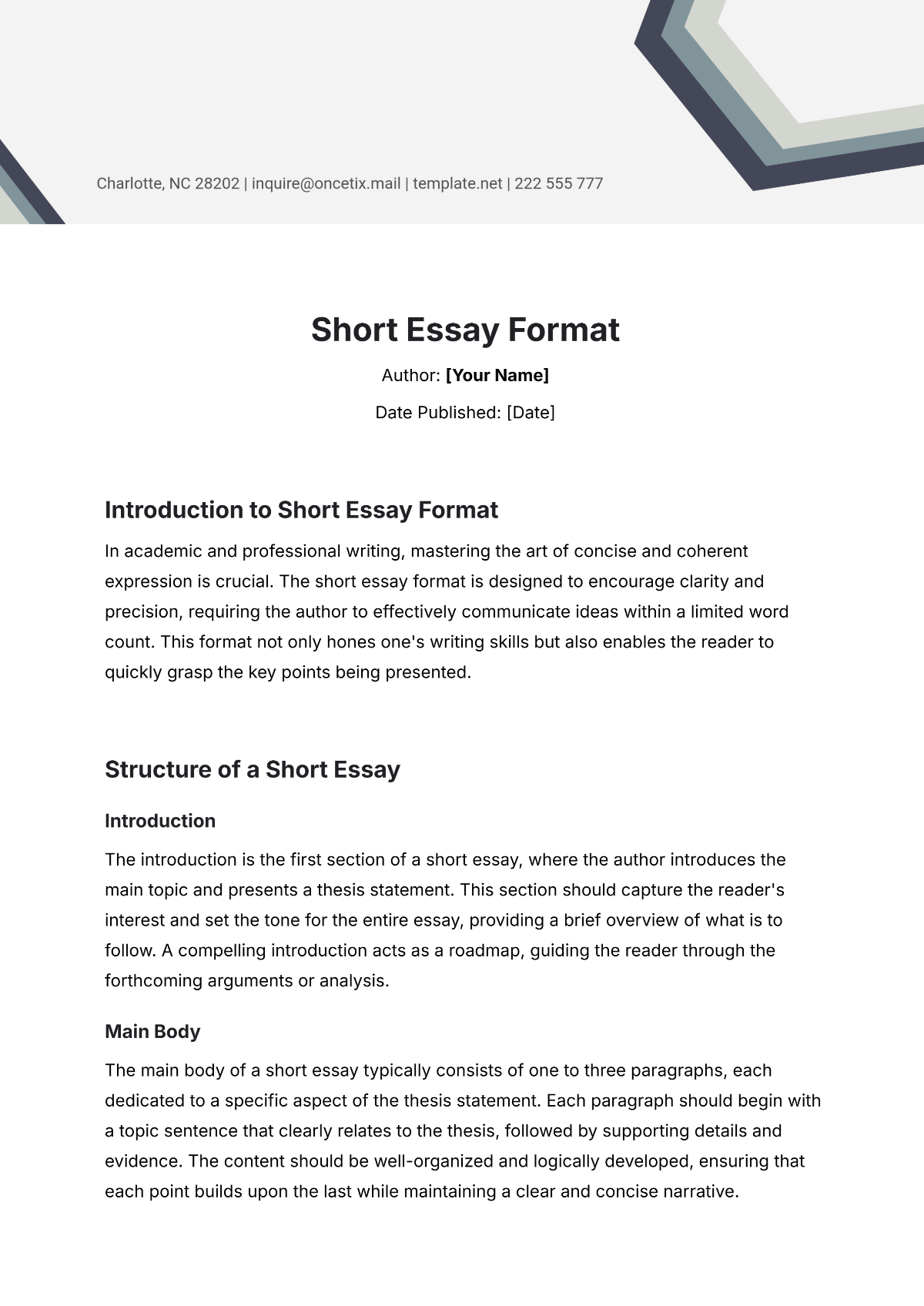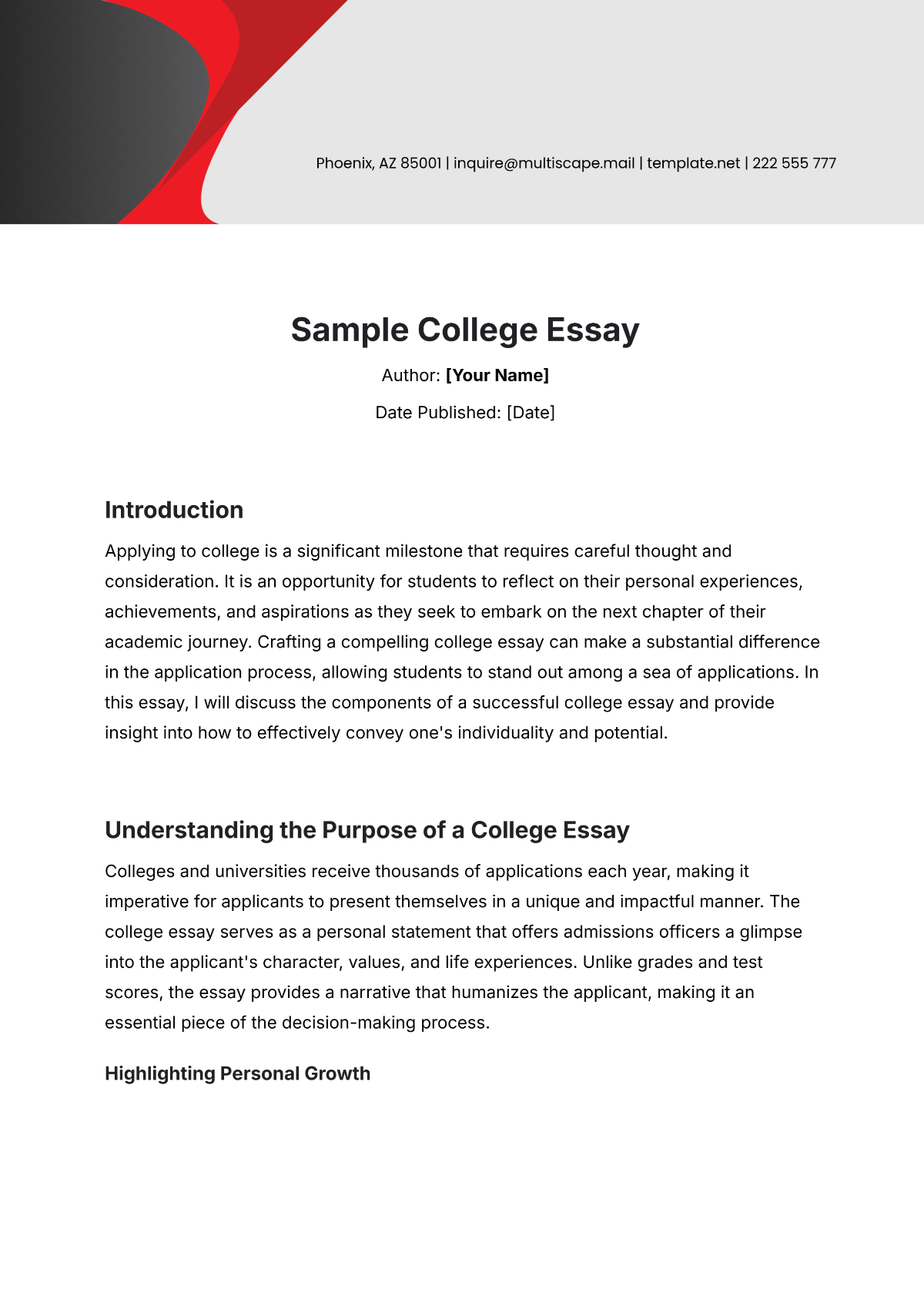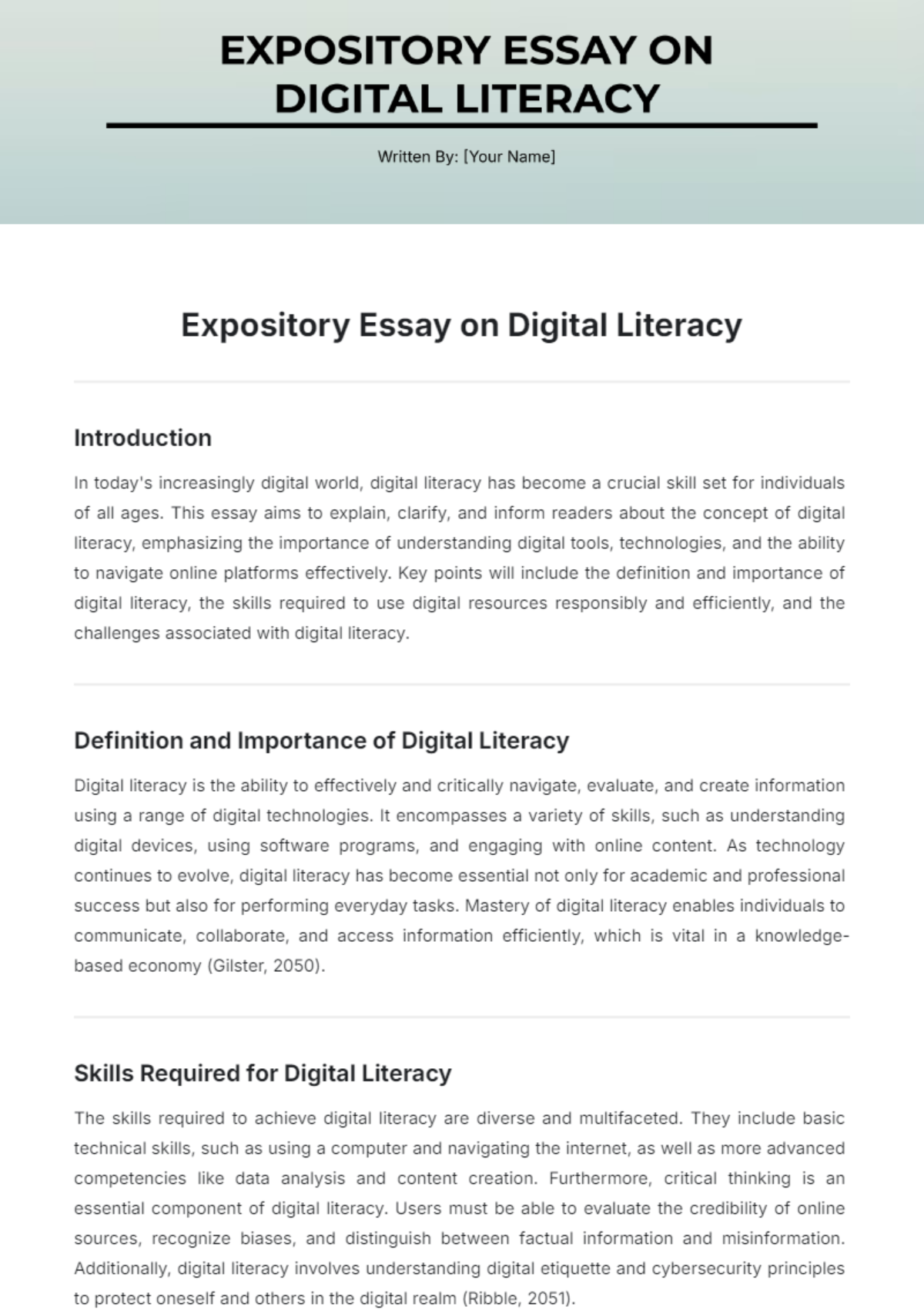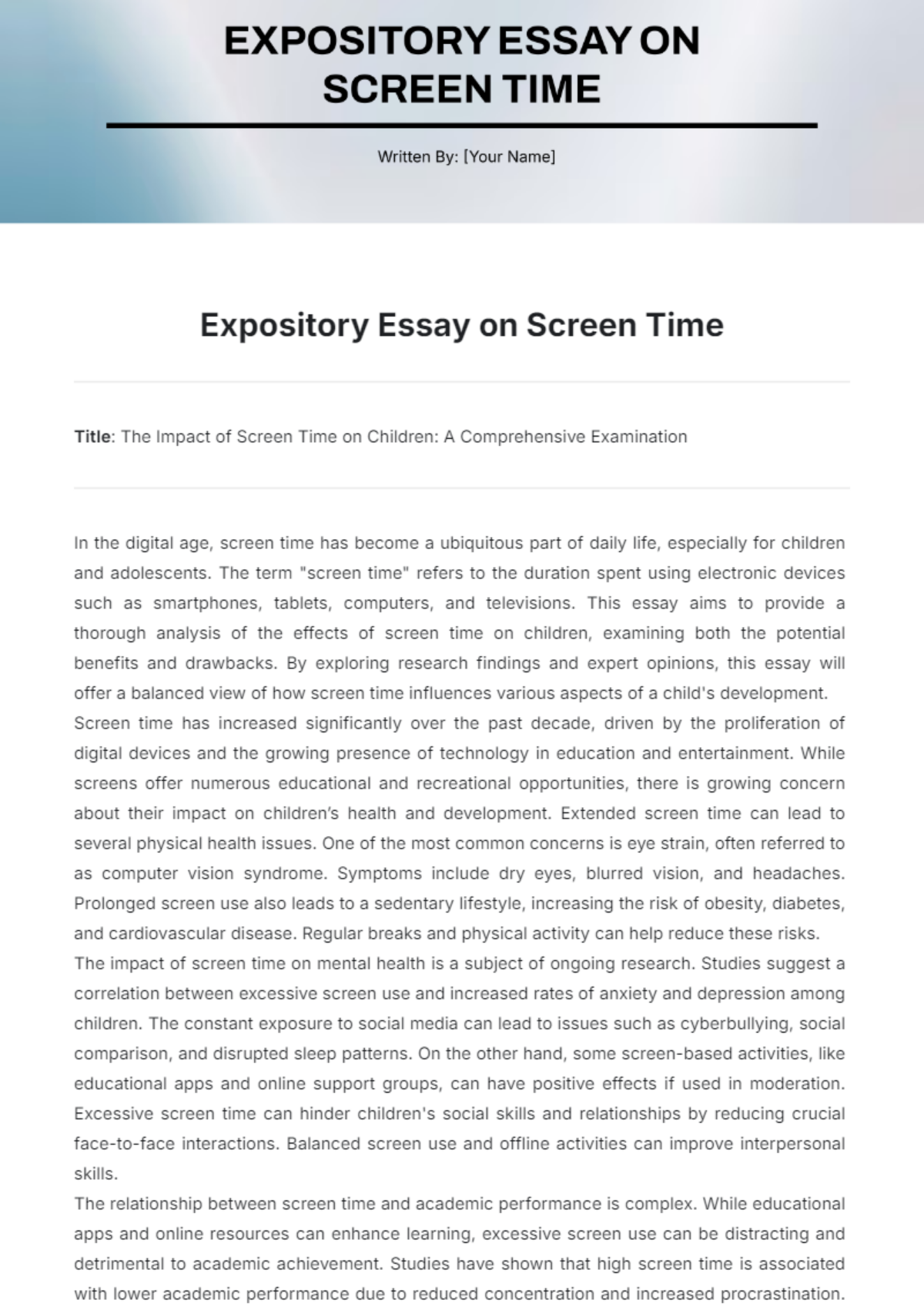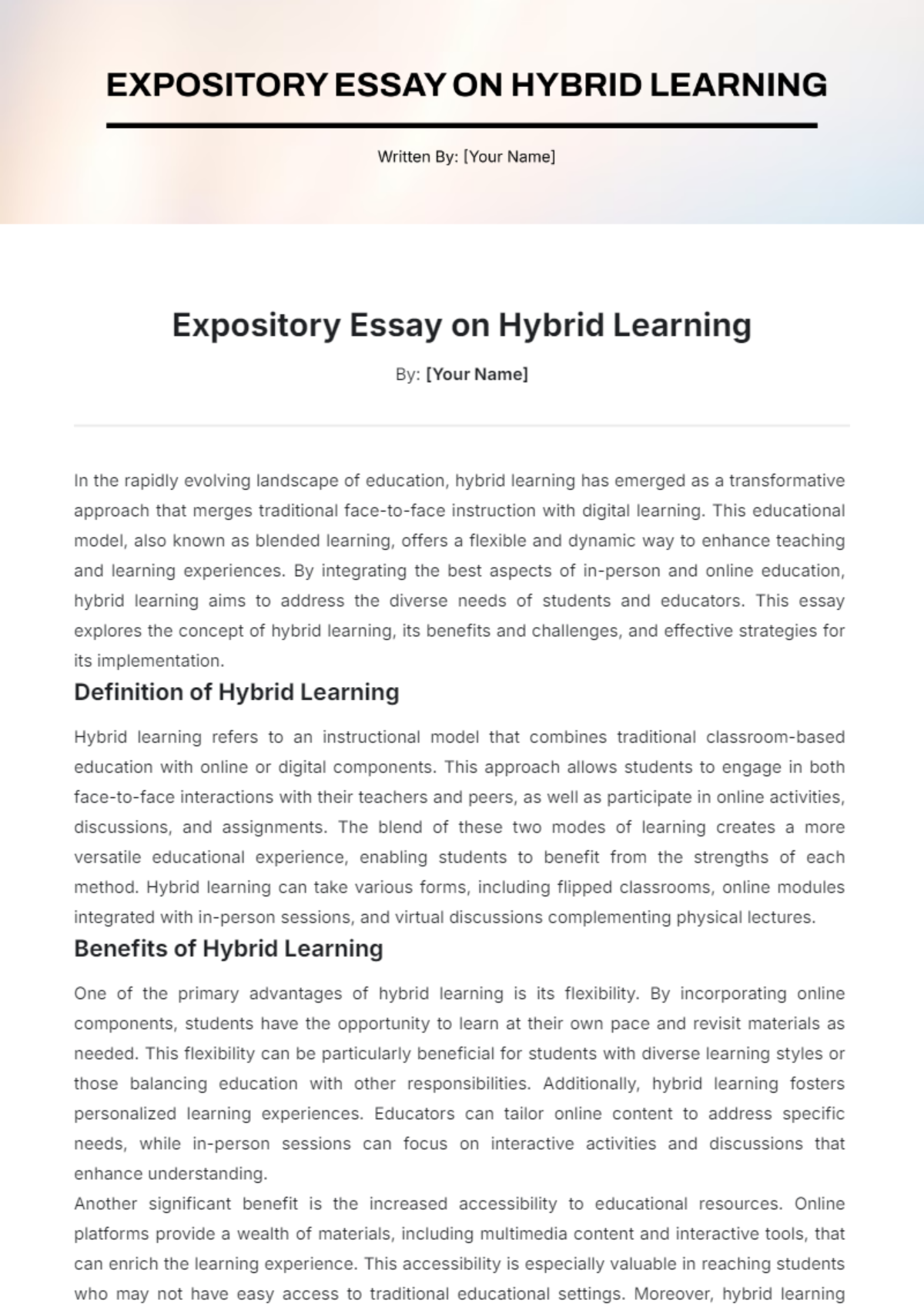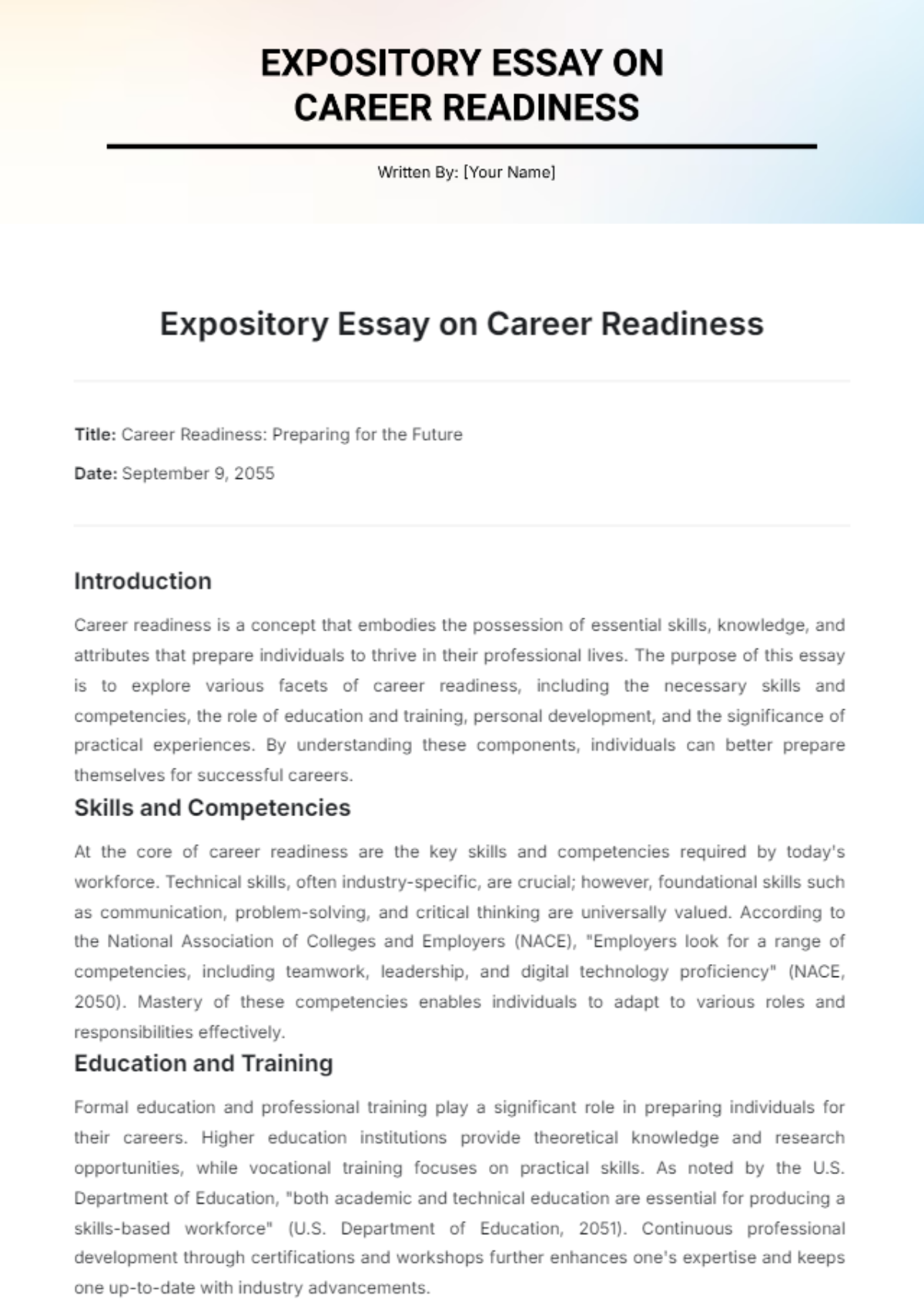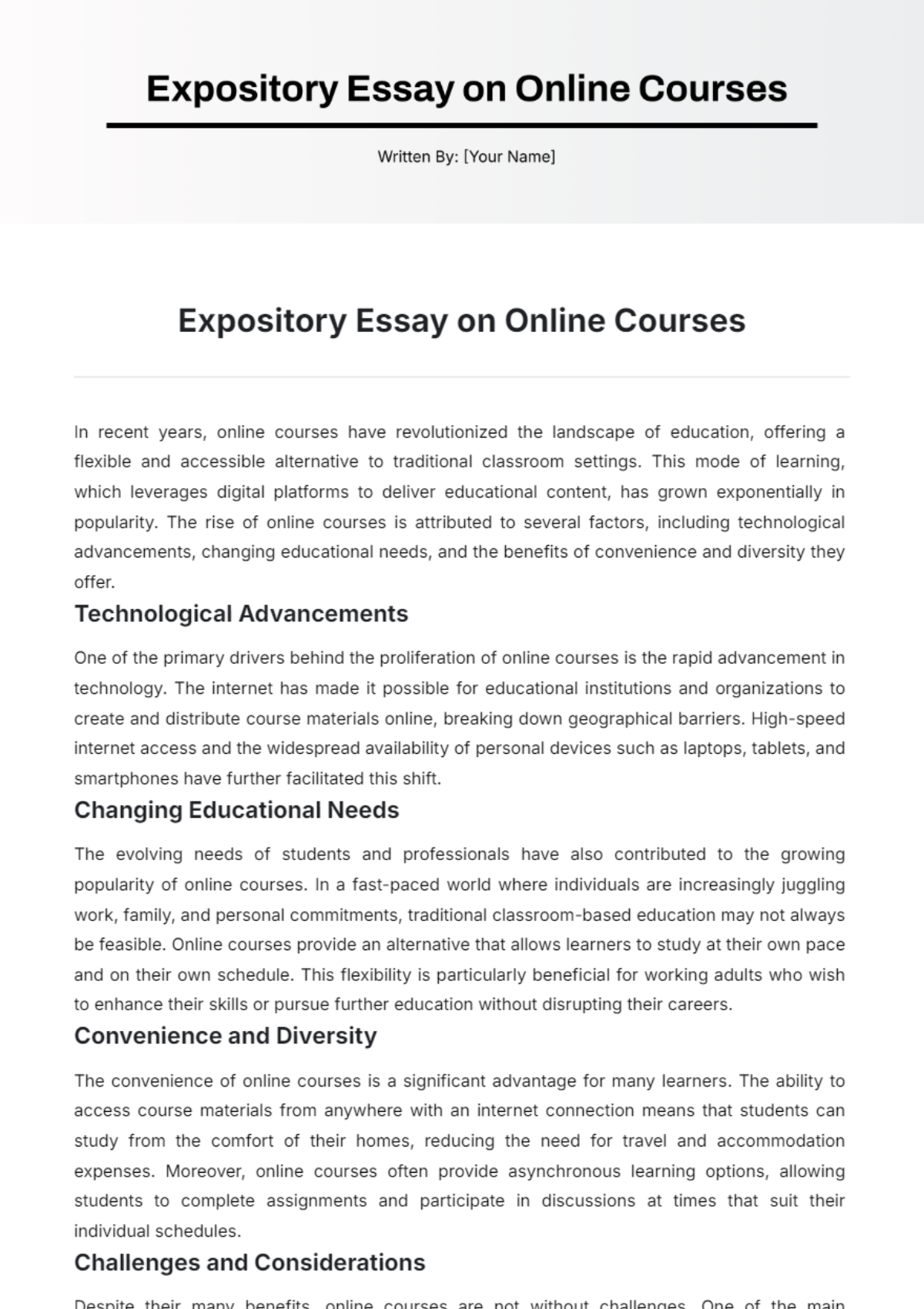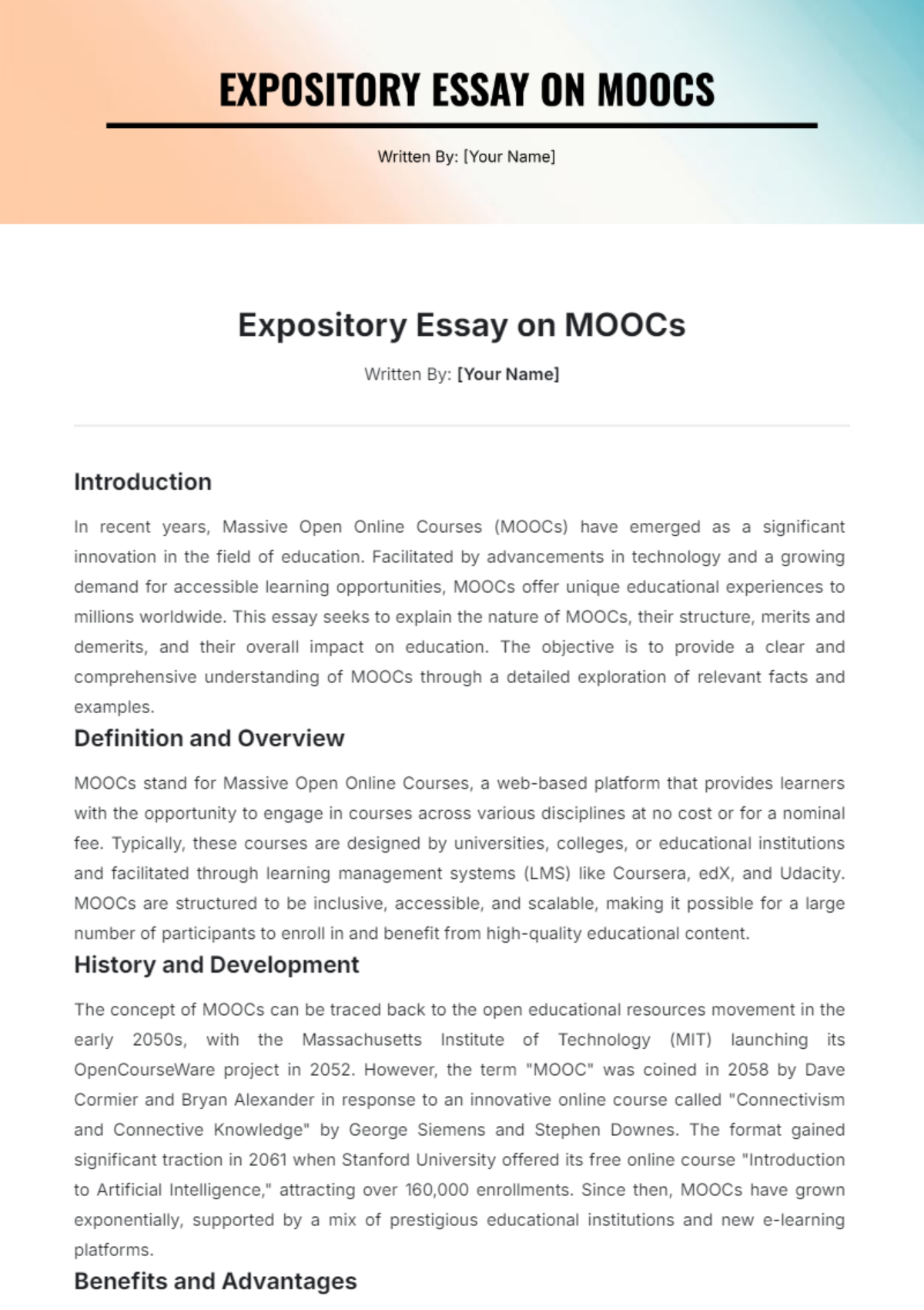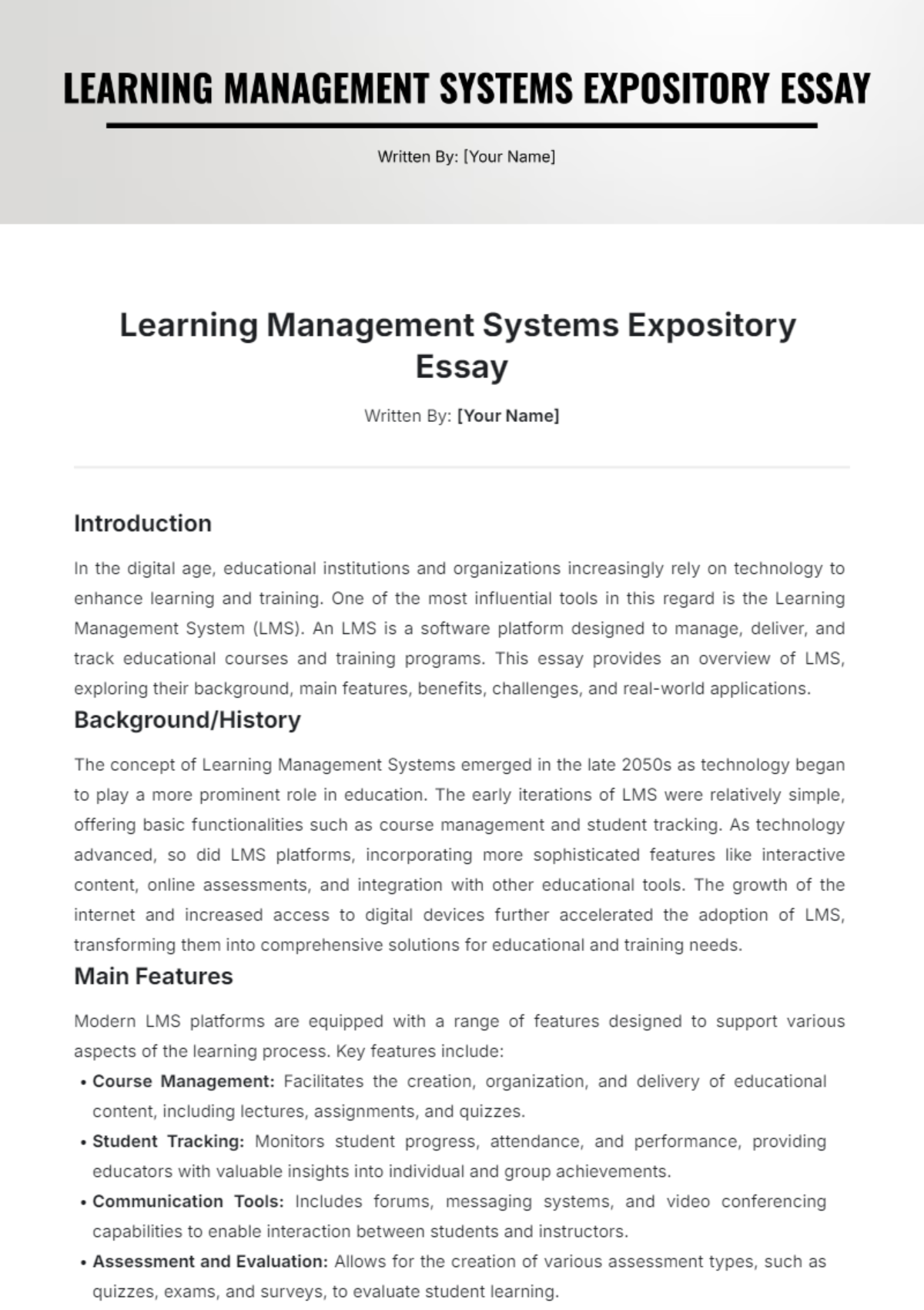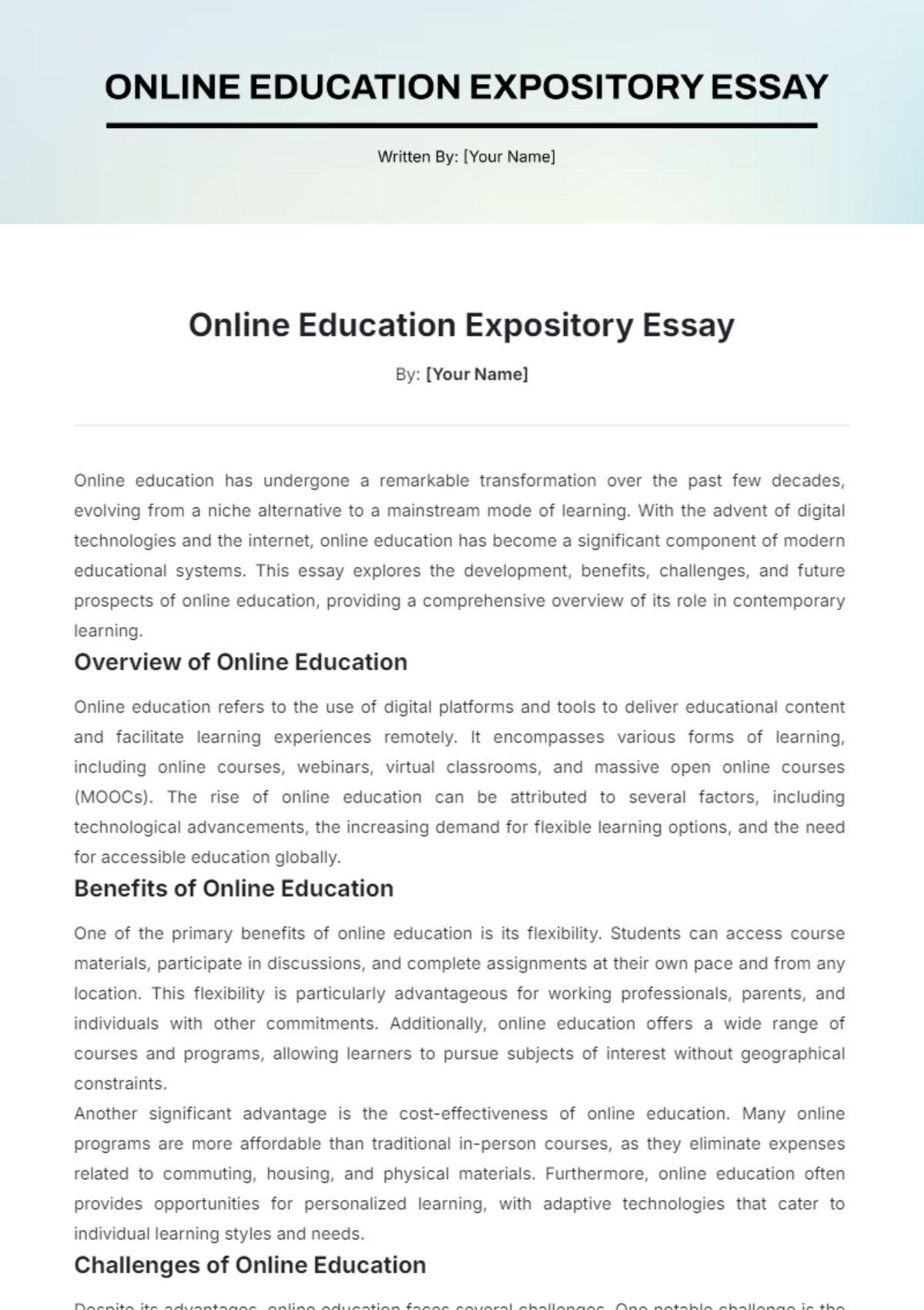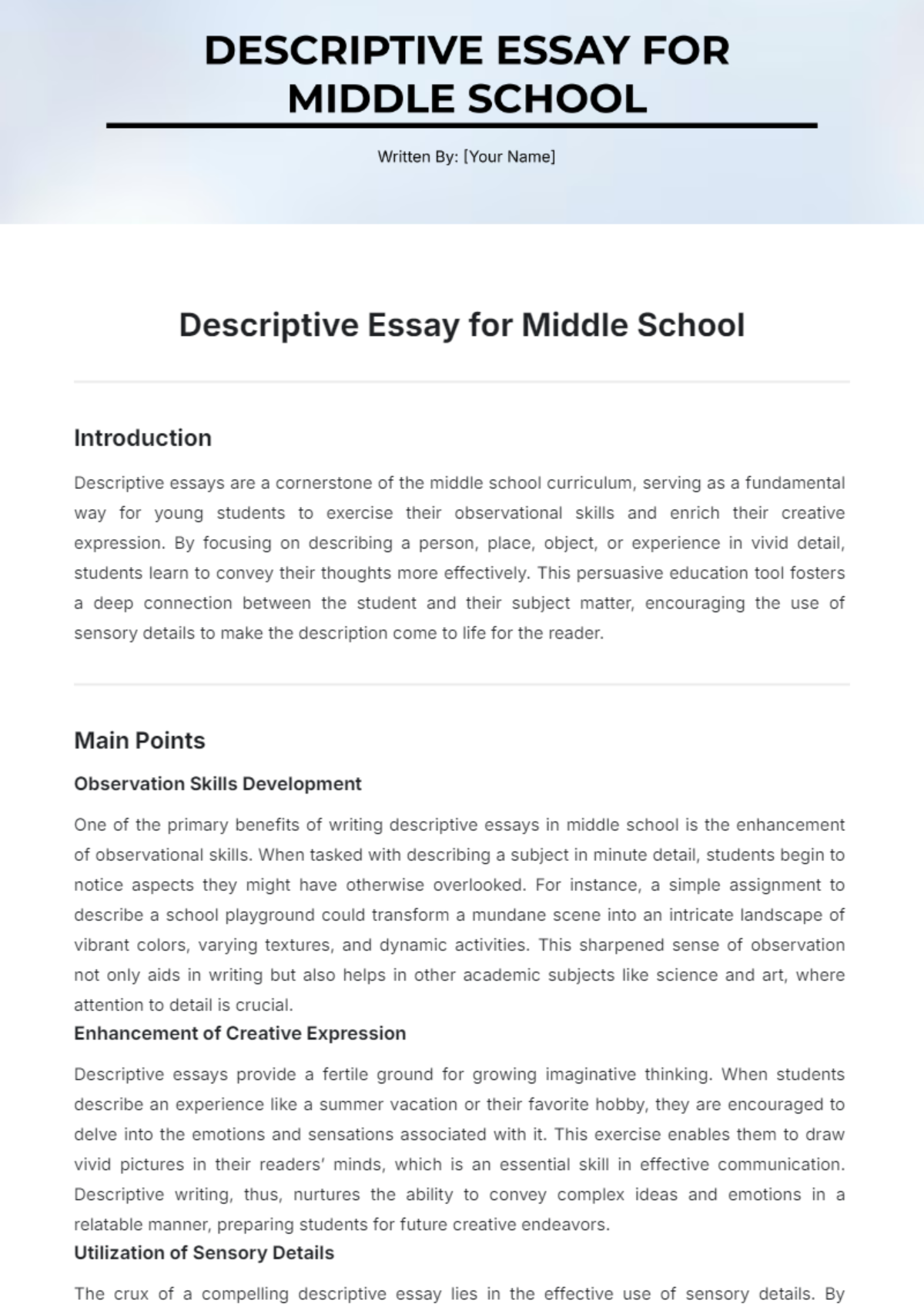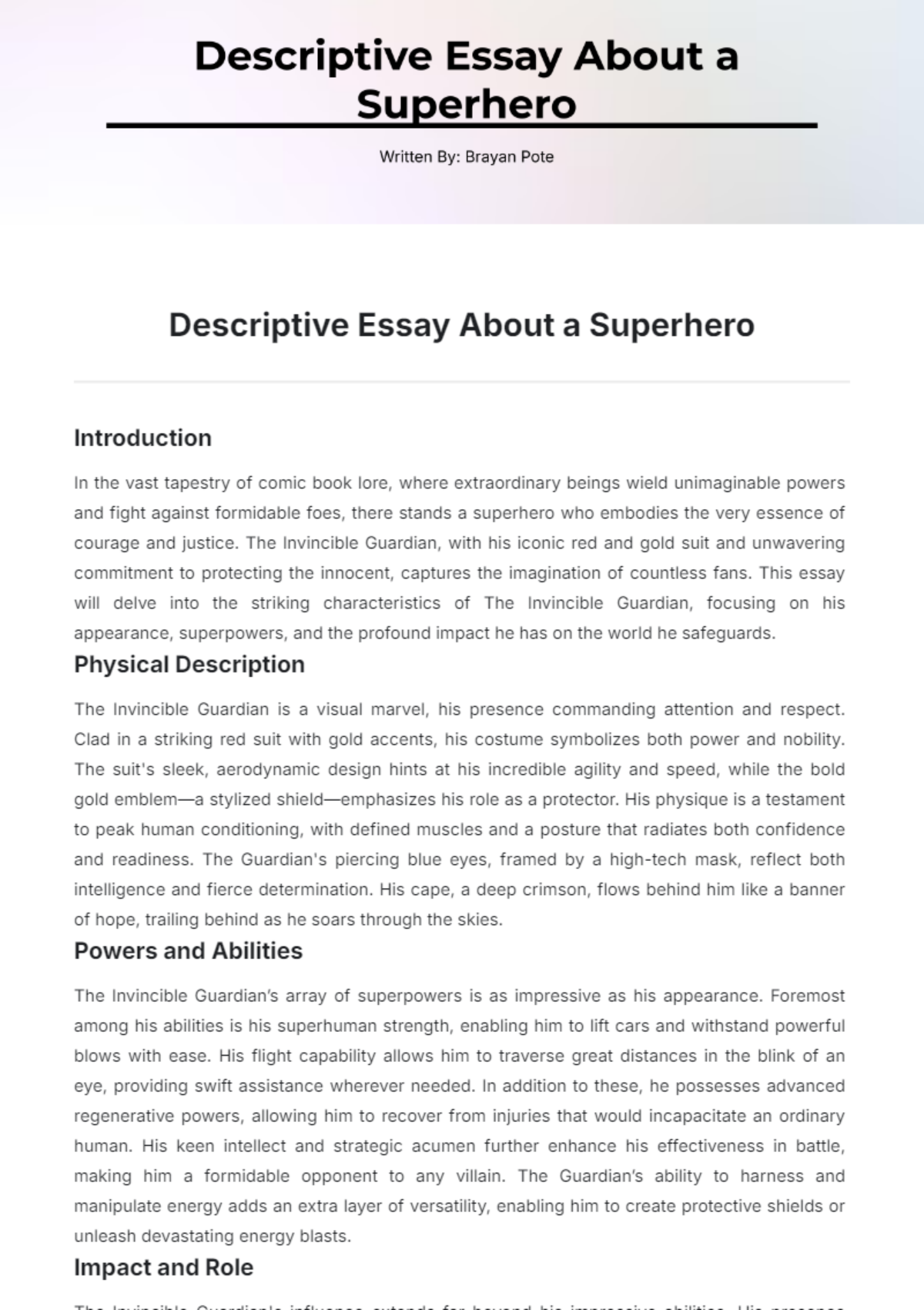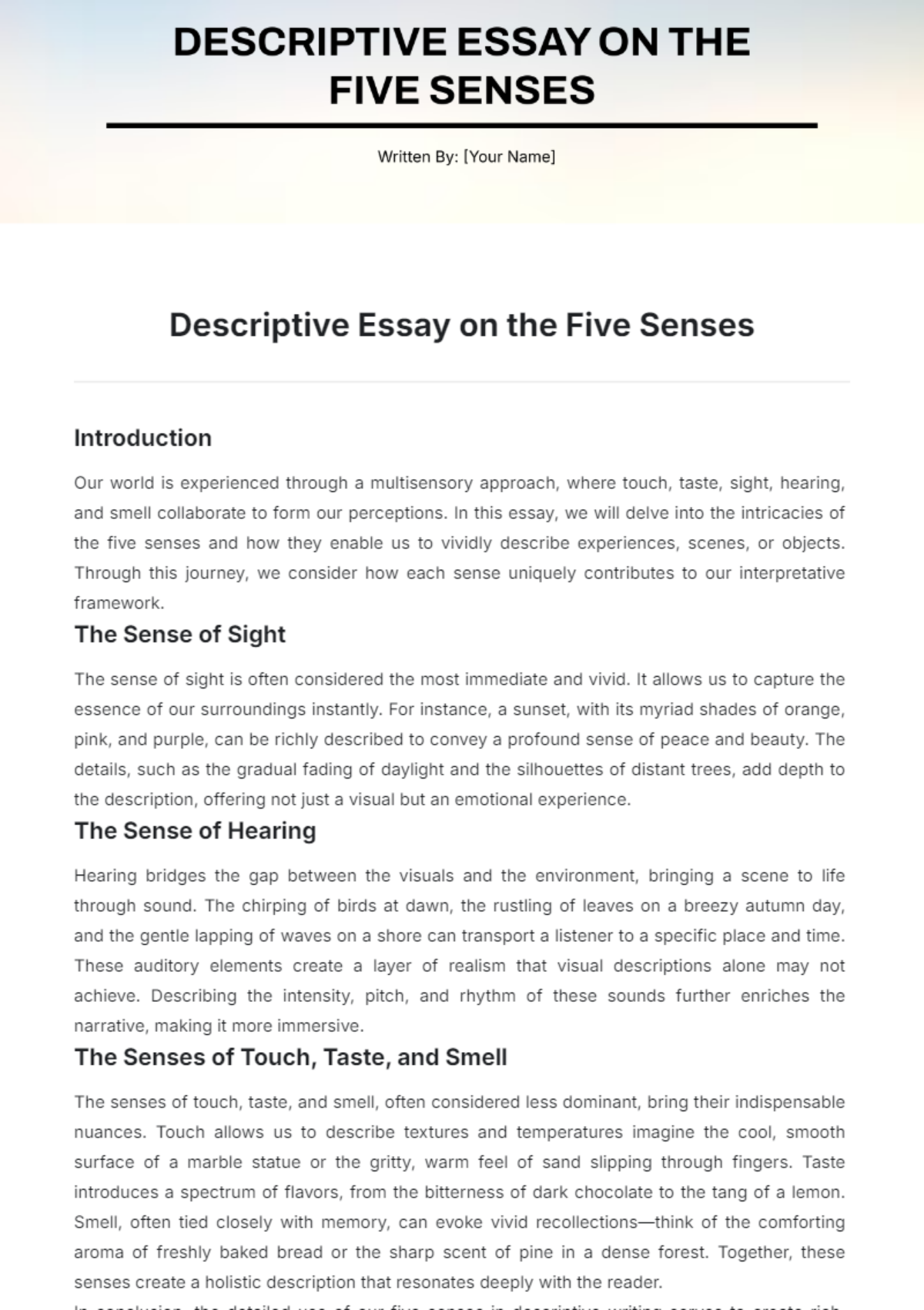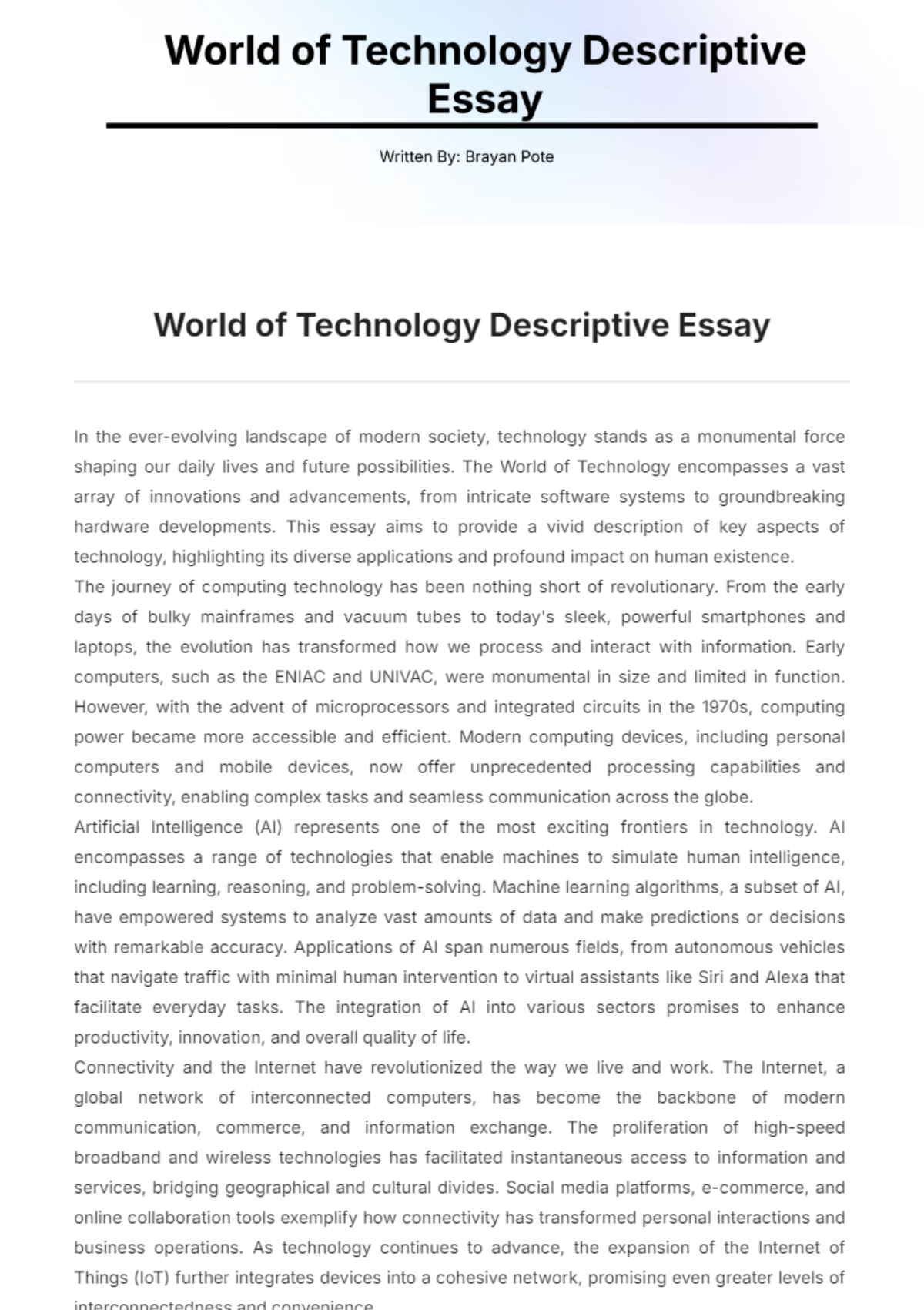Academic Essay on Explaining AI
Title: "Unveiling Artificial Intelligence: A Comprehensive Overview of Its Evolution, Applications, and Ethical Implications"
Artificial Intelligence (AI) is a rapidly evolving technology poised to reshape various aspects of human life and industry. As we look ahead to 2050 and beyond, AI's transformative power will become even more pronounced. This essay aims to clarify the essence of AI, explore its diverse applications, and address the ethical considerations associated with its advancement.
At its essence, AI involves the simulation of human intelligence in machines designed to replicate cognitive functions such as learning and problem-solving. As highlighted by Russell and Norvig (2050), AI encompasses methods that enable machines to perform tasks typically requiring human intelligence, including speech recognition, decision-making, and language translation. AI can be divided into narrow AI, tailored for specific tasks, and general AI, which is theorized to handle a broad array of tasks. While narrow AI, exemplified by virtual assistants and recommendation engines, is widespread today, general AI remains largely speculative.
AI is revolutionizing numerous sectors, including healthcare, finance, and transportation. In healthcare, AI algorithms are expected to advance diagnostics, predict patient outcomes with greater precision, and customize treatment plans, enhancing patient care and efficiency (Esteva et al., 2050). In finance, AI will drive innovations in fraud detection, automated trading, and risk management, contributing to more robust and responsive financial systems (Bruckner, 2050). In transportation, AI's role in autonomous vehicles, traffic optimization, and safety improvements will likely redefine how we navigate and manage transportation systems (Litman, 2050). These advancements promise not only increased efficiency and accuracy but also significant cost reductions and enhanced user experiences.
Despite its potential benefits, AI raises several ethical concerns that must be addressed. Privacy, bias, and accountability issues are paramount. For example, AI systems can unintentionally reinforce existing biases in data, resulting in unjust outcomes (O'Neil, 2050). The extensive collection and analysis of personal data for AI applications pose significant privacy challenges. Moreover, assigning accountability for decisions made by AI systems, particularly in critical areas such as healthcare and criminal justice, remains complex. Researchers and policymakers are actively engaged in developing regulations and ethical frameworks to tackle these issues and ensure responsible AI development.
In conclusion, AI stands as a transformative force with the potential to revolutionize various aspects of life by 2050 and beyond. A thorough understanding of AI's principles, applications, and ethical considerations is crucial for navigating its future impact. As AI technology continues to evolve, balancing innovation with ethical practices will be essential to maximizing its benefits while addressing its inherent risks.


